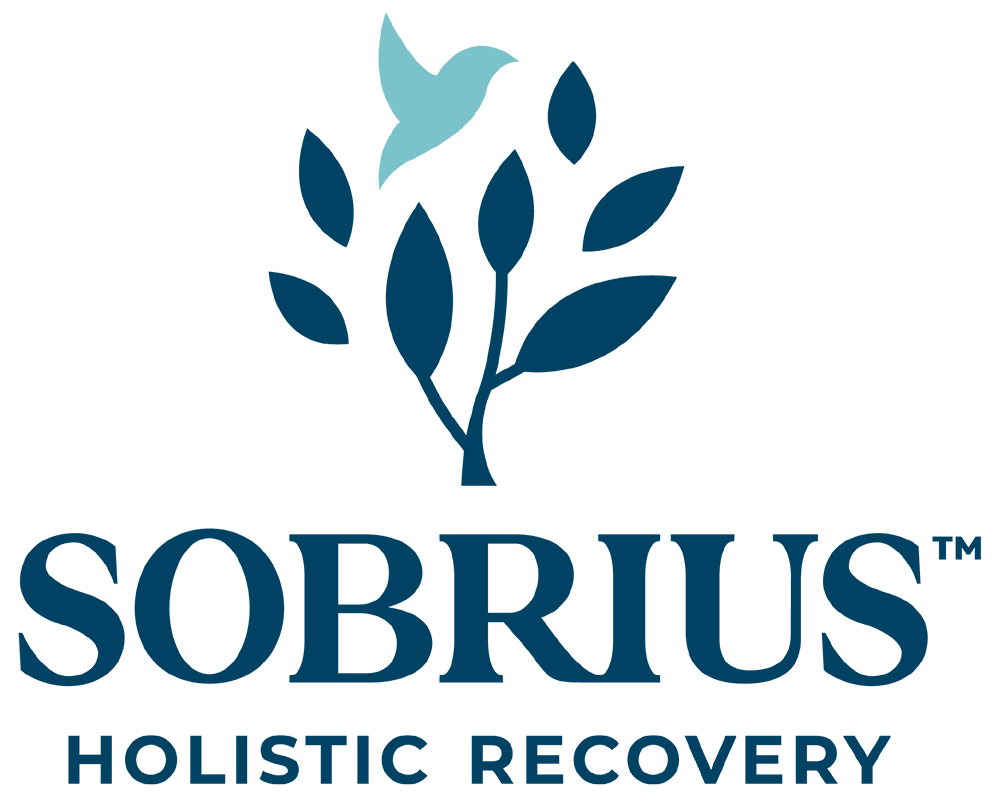Relapse prevention is a crucial aspect of maintaining long-term sobriety. Recovery is a continuous process, and if you’re navigating life after addiction, having effective relapse prevention strategies in place can make all the difference. Whether you’re newly sober or have been in recovery for years, the right tools and support systems can help you sustain the healthy, fulfilling life you deserve. What are some relapse prevention techniques? Let’s consider some of them, as well as how a professional relapse prevention program in Galax, VA can help.
10 Relapse Prevention Strategies to Master
1. Build a Strong Support System
One of the most important steps in preventing relapse is surrounding yourself with supportive people who understand your recovery goals. This might include family members, close friends, or mentors.
Reaching out to those you trust can provide the encouragement and motivation you need to stay on track. Building a strong support network means that you have someone to turn to during challenging times when cravings or setbacks arise.
2. Practice Mindfulness
Mindfulness techniques, such as meditation and deep breathing, can help you stay present and manage stress. These practices allow you to become more aware of triggers and make intentional choices when facing challenges, reducing the risk of relapse. Over time, incorporating mindfulness into your daily routine can lead to improved emotional resilience and a greater sense of inner calm.
3. Stick to a Routine
Having a structured daily routine gives clarity to your day and limits the opportunities for risky behaviors. Keep your days filled with productive activities like work, hobbies, exercise, and spending time with loved ones. A well-planned routine not only boosts your productivity but also promotes mental well-being and stability.
4. Identify and Manage Triggers
Understanding what tempts you to use substances is a foundational skill in recovery. Triggers can be emotional, social, or environmental.
Learning to identify and avoid these triggers—or developing coping mechanisms to face them—will help protect your sobriety. By gaining awareness of these patterns, you can take proactive steps to build a healthier, more resilient lifestyle.
5. Set Realistic Goals
Achievements, no matter how small, remind you of your progress and keep you motivated. Set short- and long-term goals that align with your recovery, whether that’s learning a new skill, completing a project, or simply maintaining sobriety one day at a time.
6. Engage in Therapy or Counseling
Ongoing therapy can help you process emotions, manage stress, and develop healthy coping strategies. Therapists trained in cognitive-behavioral therapy and relapse prevention techniques can empower you with evidence-based tools to overcome challenges. Sobrius offers these approaches to support clients as they build resilience and confidence in their sobriety.
7. Long-Term Engagement with a Recovery Program
Staying connected to a recovery center or support group is pivotal for long-lasting success. Programs like the alumni groups or relapse prevention therapy at Sobrius provide a safe, structured environment where clients:
- Share experiences
- Learn from one another
- Gain strength in community
Regular involvement in such programs helps reinforce your long-term commitment to sobriety and means that you never feel alone.
8. Maintain Healthy Habits
Taking care of your physical health can directly influence your mental well-being, reducing the likelihood of relapse. Regular exercise, a balanced diet, and sufficient sleep can all enhance mood, reduce stress, and restore your body’s natural balance. Additionally, prioritizing your physical health can provide a sense of routine and accomplishment, further supporting your emotional resilience.
9. Avoid Risky Situations
It’s important to acknowledge that certain places, activities, or even people might jeopardize your recovery. By steering clear of environments associated with past substance use or high-pressure situations, you set yourself up for success.
10. Celebrate Your Progress
Recovery is work, and every sober day is an accomplishment worth celebrating. Acknowledge your efforts, and don’t hesitate to reward yourself in healthy ways. This positive reinforcement helps you stay motivated and reminds you of how far you’ve come.
Get Help with a Relapse Prevention Plan at Sobrius
Sobrius knows that the road to recovery is unique for everyone. That’s why we offer personalized tools to help you prevent relapse and maintain long-term sobriety. Our programs, such as cognitive-behavioral therapy, group therapy, and alumni support, can provide lasting strategies and build resilience.
We also understand the value of community in achieving recovery goals. Through our group therapy sessions and aftercare programs, you’ll have access to a network of people who share your experiences and will walk alongside you as you work toward a fulfilling, sober life. Whether you’re just starting your recovery or need ongoing support, the compassionate Sobrius team is here to help you every step of the way.
Call Sobrius Today for Effective Relapse Prevention
Relapse doesn’t have to define your recovery. Effective relapse prevention strategies can help you. With a supportive partner like Sobrius, you can overcome challenges and move toward the sober, healthy future you deserve. Our team in Galax, VA, can help you manage triggers, build a strong support system, and create a life filled with greater clarity and purpose.
Call us at 888.596.6514 or use our online contact form to learn more about how Sobrius’ relapse prevention therapy can support your recovery goals. Take the first step today—your brighter future starts now.

